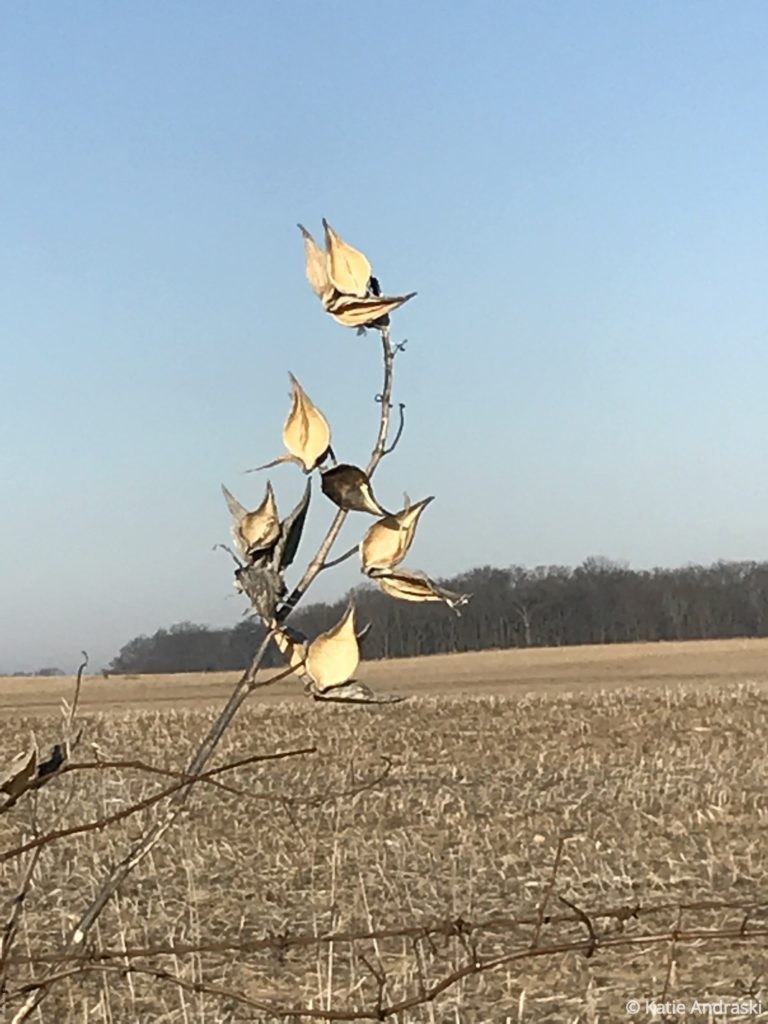
I’m lonely. I’m a fool for admitting it because it will scare you off. Who wants to be friends with someone who is lonely? You figure there’s a reason she’s been voted off the island or picked last for kickball or not welcomed into the group. There’s a reason people don’t want to be her friend. She should examine her faults, and fix them. She should mute her strengths. She’s too much. Or she should speak up more, be vulnerable so people trust her.
People are right to be wary. A lonely person can be like a drowning person, grasping at anyone to keep them above water, something not a little scary.
But then along comes someone like Brene Brown who says we need to be ourselves, authentic.We need stop torqueing our personalities to fit what people want us to be. Many, many Facebook memes say the same thing. And the Christians say God has made no one at all like you. You are unique in the universe, so celebrate it. Jesus died for you, fully you—your body, your spirit, your soul, your intelligence, your cellulite, your callouses, your beating heart. He did this before you were perfect
Instead you ache.
The ache rises when people are rude, when they don’t bother answering messages or emails, not just a day or two later, but ever. And yet, I know I have been guilty of this. Right after my novel was published, some emails went unanswered because I was overwhelmed by the whole thing and my ability to get things done, shut down.
Michelle DeRusha writes about experiencing this rudeness at a writers conference when she talked to a famous writer who was distracted, looking around the room to see who she’d rather talk to. She was stung enough to write about it, and then remembered that she too was guilty of the same thing. She writes, “I’ve been the person who is in the act of conversing while not actually participating or present in the conversation at all.”
DeRusha goes on to tell about a friend’s grandmother who had the gift of bringing her full presence to the people she was talking to. “She was focused entirely on you, totally attentive. She made you feel like you were the only person in the room.”She leaves her reading thinking, that’s how I want to be.
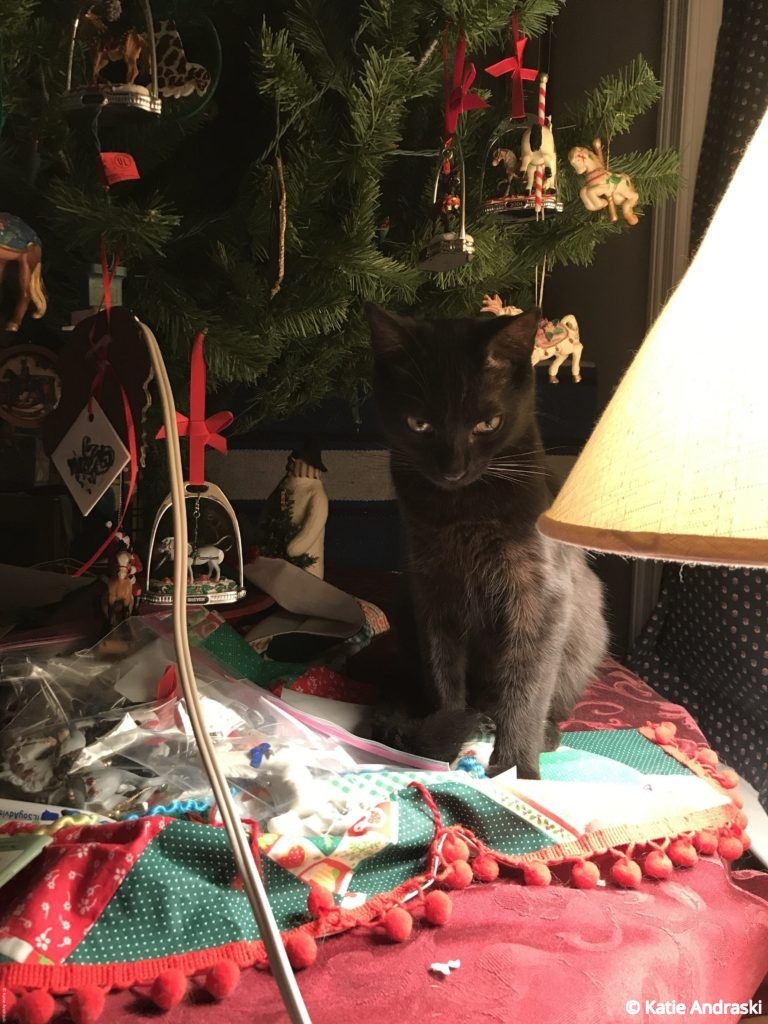 The ache rises around holidays, even minor ones like Labor day and July 4. Bruce and I are both the only surviving children of our birth families. My parents and brother have been gone for thirty years. Mostly now I’m used to it, but sometimes I miss them. I miss being able to reminisce. I miss belonging to my people.
The ache rises around holidays, even minor ones like Labor day and July 4. Bruce and I are both the only surviving children of our birth families. My parents and brother have been gone for thirty years. Mostly now I’m used to it, but sometimes I miss them. I miss being able to reminisce. I miss belonging to my people.
When people complain about the work of family, I get it: cooking for a number of relatives is hard work, especially when you have a job to go to the next day. Often our relatives push our buttons and we come away feeling angry or sad or ripped open. But they are alive. And even in painful situations, you still belong to them. They might be offering a gift that teaches you to be tolerant of different viewpoints, of different ways of experiencing the world, if only for the holiday celebration.
I regret our backing away from family at holidays because it got too painful. Though sometimes with that level of pain, sometimes it’s wise to leave people be. But I still regret not receiving the gift of learning how to breathe, how to be nonreactive.
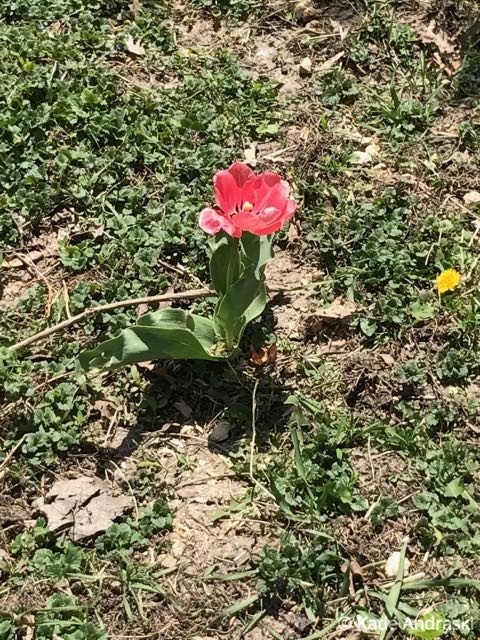
The ache rises when I think about the friends who are no longer in my life, people I was fond of, with whom I shared my stories and vulnerabilities, who didn’t value the friendship, who let it slide. Yes, I believe people are free to come and free to leave, but it is a loss when old friends, you loved like family, go their own way. The therapy types told us that friends could be family, but that doesn’t seem to be so because the ties are looser than family ties, much looser.
In “The Blindness of Social Wealth,” David Brooks says, “More and more Americans are socially poor. And yet it is very hard for the socially wealthy to even see this fact. It is the very nature of loneliness and social isolation to be invisible. We talk as if the lonely don’t exist.” He identifies a kind of privilege that has smacked me in the face: people with many friends, embedded in community, not understanding how valuable they are to me, how we share a history and stories that are unique to us. I have grieved when when these friends move on to other people. But again, I realize there are dear people I’ve slid away from, so I am guilty too.
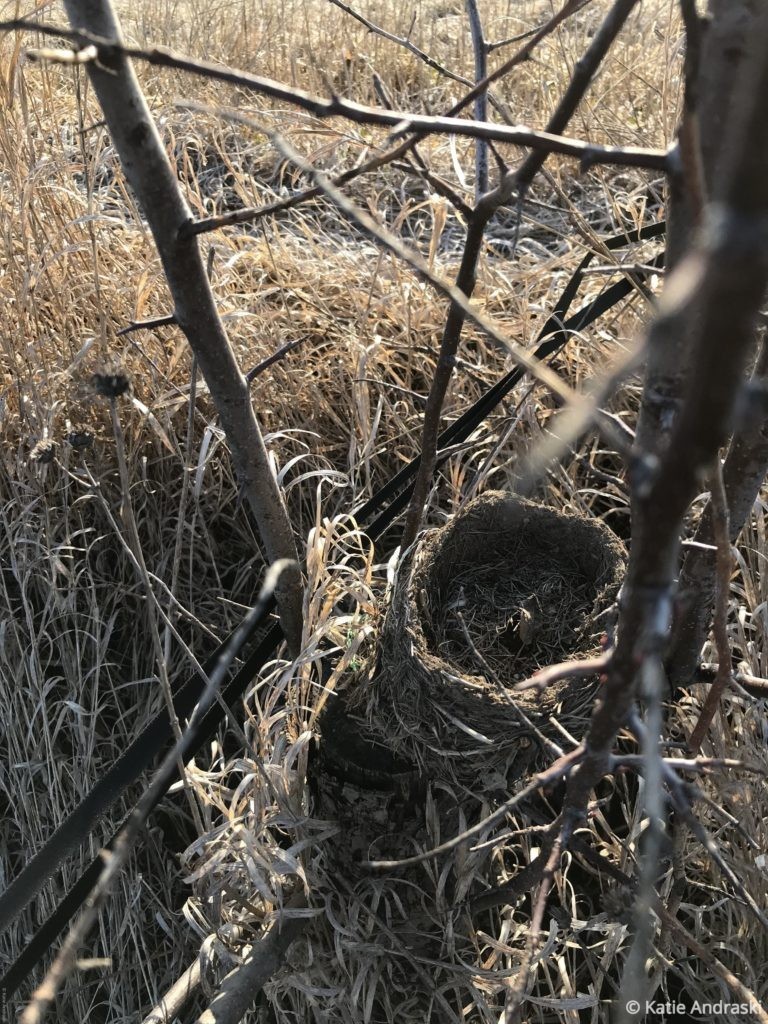 The ache rises when you do try to change, try to be kind, try to file down the sharp edges but they won’t file down. It rises because you know the therapy types told us to put ourselves first, to walk away from the toxic. But what if you are the one people consider toxic? What if you can’t change, try as you might? What if your very gift is to say it, to speak honestly with passion? What if you’re a prophet, not the kind that speaks about the future, but the kind of says a truth out loud? What if you’re just plain ordinary? Nothing special, just a person wanting some friends?
The ache rises when you do try to change, try to be kind, try to file down the sharp edges but they won’t file down. It rises because you know the therapy types told us to put ourselves first, to walk away from the toxic. But what if you are the one people consider toxic? What if you can’t change, try as you might? What if your very gift is to say it, to speak honestly with passion? What if you’re a prophet, not the kind that speaks about the future, but the kind of says a truth out loud? What if you’re just plain ordinary? Nothing special, just a person wanting some friends?
The ache rises when I think about being an older person, when I think about being a widow. I remember how my grandmother spiraled into depression and dementia because she no longer had a reason to live and she had few friends except her family. I remember my aunt saying she wished she’d taken her to the senior center, just to get her out with other people. I know how deep and terrible the grief of losing my husband would be. I know how deep and terrible it is when you have very few friends and your grief scares people away and leans too heavy on the ones you have. Henri Nouwen in Reaching Out says, “Friendship and love cannot develop in the form of an anxious clinging to each other.” But when you are grieving it’s easier to cling because the pain is so great.
But this ache is not the last word, just like death is not the last word. When I get this way, I think about how Jesus is a friend who sticks closer than a brother, how we have been talking since I was a toddler. I think about how He has tended to this very ache. Henri Nouwen says, “No friend or love, no husband or wife, no community or commune will be able to put to rest our deepest cravings for unity and wholeness” (30).
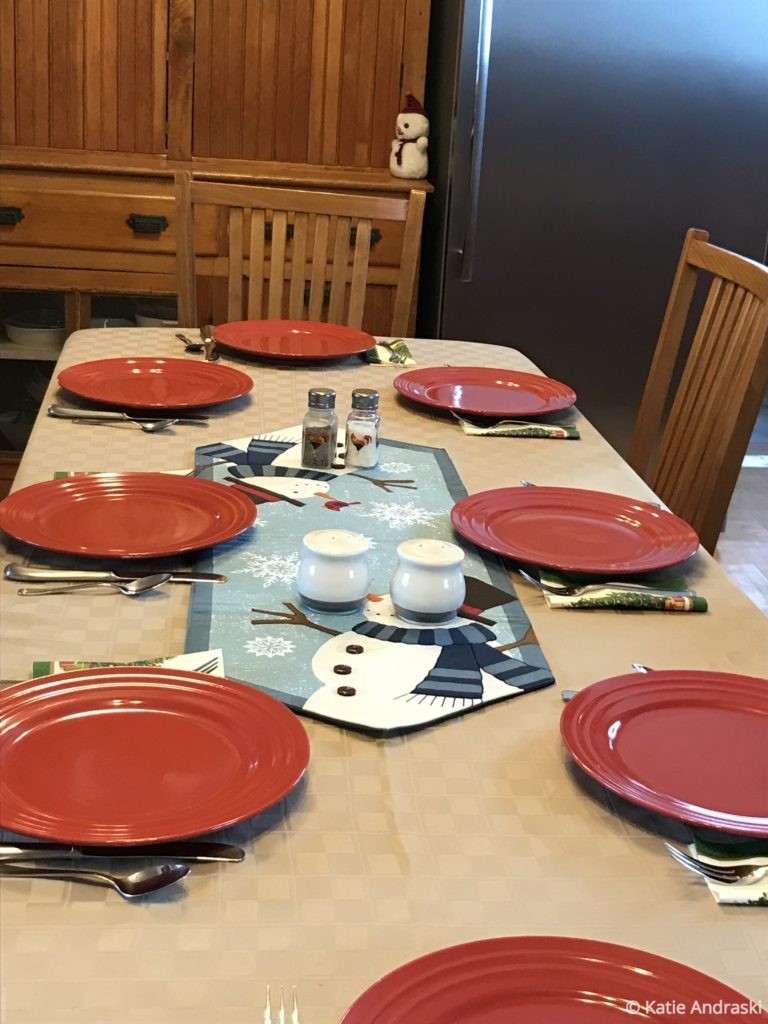 When I get this way, I think how when we first moved to our farm, our neighbors invited us to their holiday celebrations—even Christmas, even the fourth of July and even some made up, like blueberry slump and Uno night. I remember the laughter. Other neighbors have since taken us in for Christmas. These neighbors, by including us, mopped up the wrenching pain I felt for years at Christmas. And others invite us to watch the fireworks from their house on July 4.
When I get this way, I think how when we first moved to our farm, our neighbors invited us to their holiday celebrations—even Christmas, even the fourth of July and even some made up, like blueberry slump and Uno night. I remember the laughter. Other neighbors have since taken us in for Christmas. These neighbors, by including us, mopped up the wrenching pain I felt for years at Christmas. And others invite us to watch the fireworks from their house on July 4.
I remember the friends who walked along with me for a time, how they were good, wise friends, for that time on the road. I remember what I learned about boundaries, about respecting their time. I have hope that others will appear when the time comes, and maybe even when the need arises.
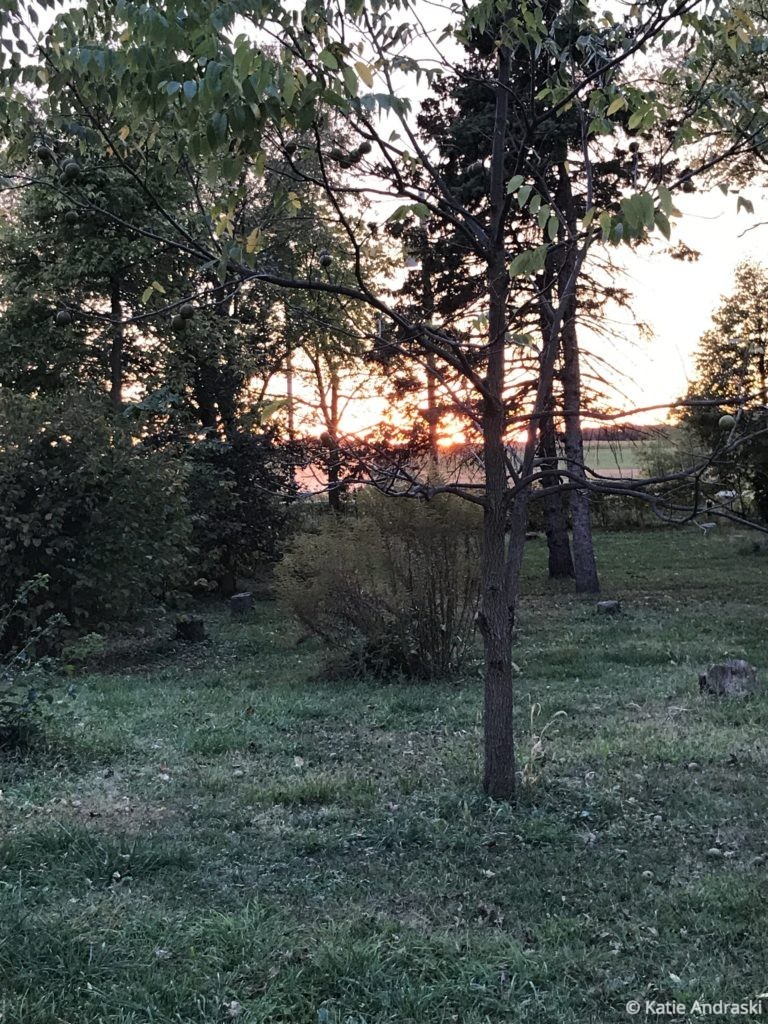 I think about Henri Nouwen who says it’s important to turn loneliness into solitude and I calm right down. This horrible feeling, this grief can be transformed into a bench in a meadow where people can come sit, where they can be heard. He says, “Instead of running away from our loneliness and trying to forget it or deny it, we have to protect it and turn it into a fruitful solitude. To live a spiritual life we must first find the courage to enter into the desert of our loneliness and change it by gentle and persistent efforts into a garden of solitude” (34).
I think about Henri Nouwen who says it’s important to turn loneliness into solitude and I calm right down. This horrible feeling, this grief can be transformed into a bench in a meadow where people can come sit, where they can be heard. He says, “Instead of running away from our loneliness and trying to forget it or deny it, we have to protect it and turn it into a fruitful solitude. To live a spiritual life we must first find the courage to enter into the desert of our loneliness and change it by gentle and persistent efforts into a garden of solitude” (34).
I find this solitude when I remember God, that he is a friend who sticks closer than a brother, and with me all the time, even when it doesn’t feel like he’s nearby, he is there holding me up like gravity holds me to the ground. I find it when I breathe and imagine a river of golden water pouring from me to the other person, pushing our drama away. I find it when I write, letting my insecurities and gossip roll onto the page, like clouds moving across the sky. The writing helps me find a quiet down beneath all that.
Nouwen says, “When we live with a solitude of heart, we can listen with attention to the words and the worlds of others, but when we are driven by loneliness, we tend to select just those remarks and events that bring immediate satisfaction of our own craving needs” (38). What a gift to be able to listen with empathy to the worlds and words of other people and it is a gift back for them to listen to us.
As I’ve thought about this, I think that when we are driven by loneliness, God or grace or the universe, whatever you want to call that force that longs to help us, can bring people who can fill that need. People are made to be with each other. We are a tribal species. Just like it can be cruel to make a herd animal like a horse be alone, the same is true for people. We need each other. Studies have proven that social involvement is as important to our health as healthy eating and exercise. Nouwen’s calling us to solitude carries wisdom for how to love others, but sometimes we need others to love us. Sometimes God can bring that blessed solitude when others respond to our need. Jesus said that being welcomed into His Kingdom rides on our offering a cup of water to the thirsty. And sometimes that Kingdom comes when we receive it.
Well, this how I’ve experienced and coped with loneliness. What about you?
If you would like to continue reading these blogs, please feel free to fill out the form at the bottom of this blog. I write about our farm, spirituality, the horses, a variety of things. I might also let you know when I publish my work. I am thinking of serializing my novel sequel in this space as well.
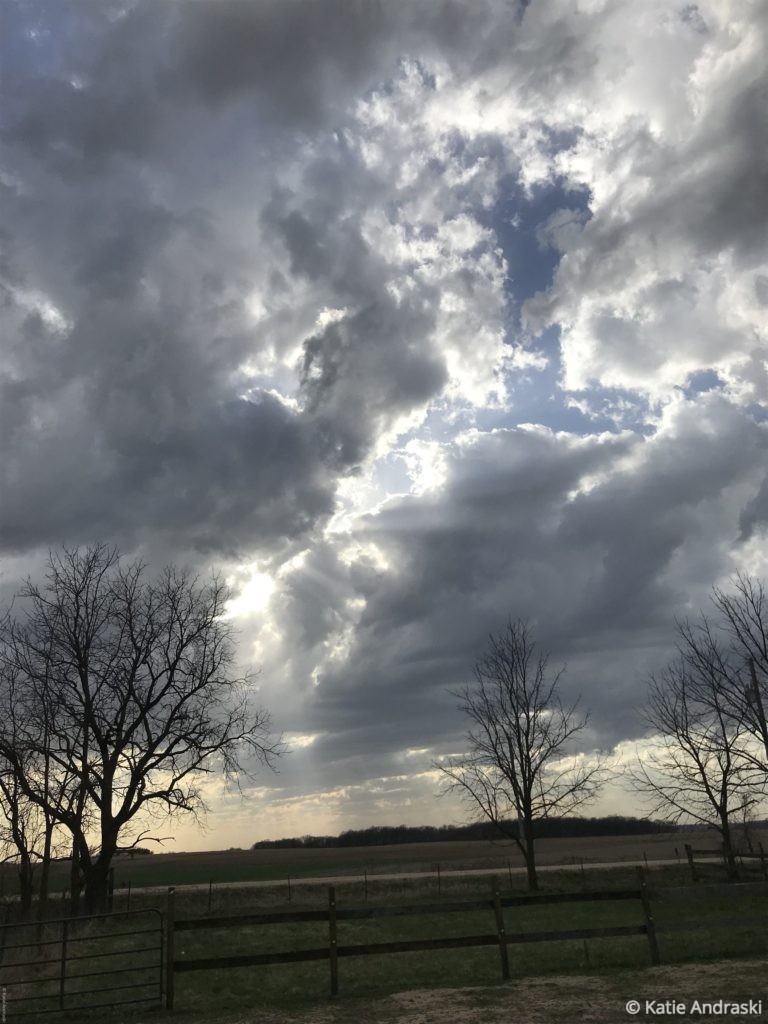

Katie,
Thank you for writing this. I hear you on loneliness.
Rich Mullins once said:
I think that part of being human is being alone, and being lonely. I think one of the stresses on a lot of our friendships is that we require the people we love to take away that loneliness. and they really can’t. And so, when we still feel lonely, even in the company of people we love, we become angry with them because they don’t do what we think they’re supposed to . . . which is really something that they can’t do for us.
Then Mullins went a wrote a beautiful prayer song from the depths of one horribly lonely night when what he wanted most was to sin and he couldn’t even do that . . . but I am so grateful that he could write and sing his songs for us.
https://youtu.be/6csWlQ9dfb4
Rich Mullins is so wise. And so are you. It’s very true that people can’t fill that deep loneliness. I bet you’d like Nouwen’s Reaching Out book. I’m about read to reread it because it is so full of wisdom for relationships. I will come back and listen to this song later. Happy Anniversary too! I enjoyed Karen’s pictures of San Diego…
Katie,
There is no one closer to me than Karen. It’ll be 38 years that we’ve been married come this May 17th, and it’s been 40 years that we’ve known and loved one another . . . and I can still feel lonely even when I’m with her, and I know that she’s felt lonely many more times with me.
It’s part of the Curse of sin, one of the saddest aspects of the Fall.
Once there was God and Man and Woman, and then this beauty was shattered, and it’s not yet all been made whole again, made One, neither individually nor corporately.
Actually, there is some One closer to me than Karen. Jesus is . . . and I feel lonely even in His Presence too. And He was the loneliest Man to walk the face of the Earth. How lonely He must have often . . . or, maybe, always . . . felt in our company. I’m sure the Three-ness sustained Him, Father, Son, Holy Spirit . . . One . . . until that supremely awful moment in eternity when something happened that shattered that too, and the sheer horror of it made Him scream out with His last breaths, “My God . . . My God . . . why have YOU forsaken Me!”
There’s the cost of our loneliness . . . the price of our redemption.
Love, Mark
https://youtu.be/8gBGGX3yvMo
This is an incredibly wise and thoughtful comment. You and Karen sure have been together a long time. Bruce and I have been together 32 years which amazes me because it doesn’t seem like that long. I hear you on feeling lonely in Jesus presence too. When God has drawn close I have felt: Woe is me for I am a woman of unclean lips. I come from a people of unclean lips. Yes and again yes on his screaming in his last breaths: My God My God why have you forsaken me…And somehow because of that we don’t have to be afraid of death or of separation from God because He’s already been there and nothing shall separate us from His Love. Thank you so much for stopping by and offering your wisdom. My best to Karen.
Oh Rich Mullins was quite brave in what he said in the You Tube you shared above. Love that song.
Love to you and Karen, Katie
Thanks for your thoughts. I’ve found that a small group worship service (Sunday School) is a great way to share. It takes time for the group to learn to trust each other, but the chance to ask for prayer and the privilege of prayer for others helps me focus on our Lord.
A small group sounds like a great way to find community. We just changed churches and are pleased with how open hearted the new church is. We are trying to go to a Bible study but are going slow because getting to know people does take time…I so agree with you about being able to ask for prayers and to pray for others. I like to pray when I’m doing chores…I pick up on requests from Facebook…And have some dear friends I keep in regular prayers from there…Thank you for stopping by.
It sure is foundational. Thanks for commenting Tony!
I really needed these wise, raw words today. Thank you.
Oh you’re very welcome. I’m so glad they helped you.